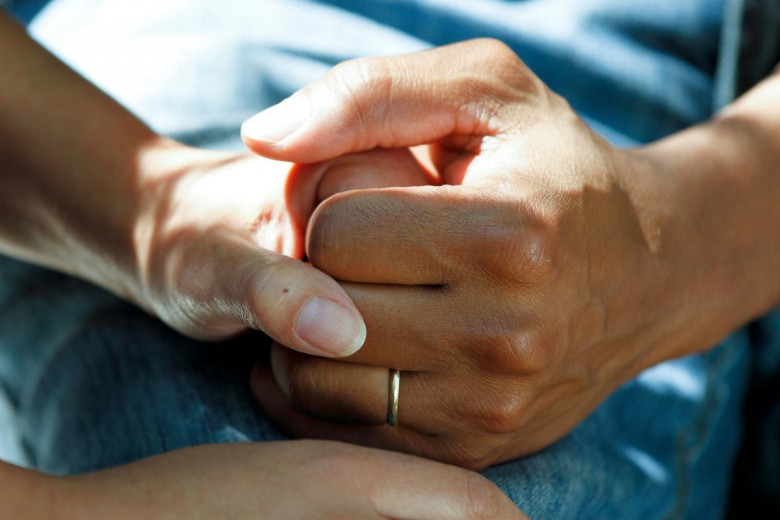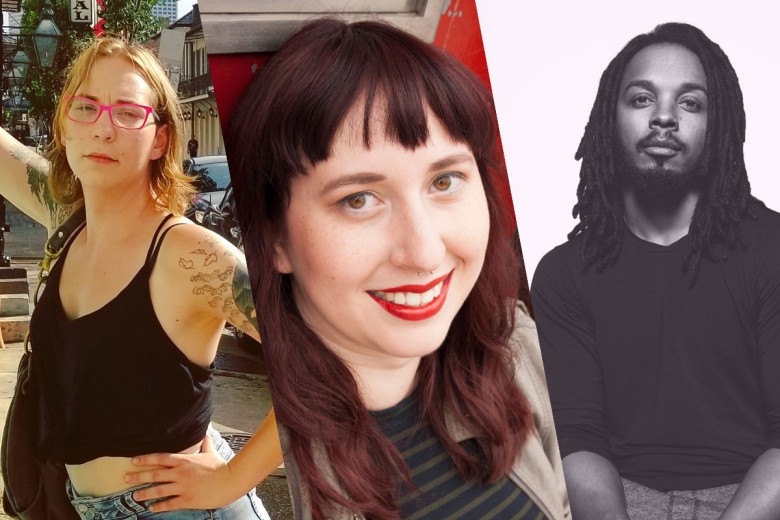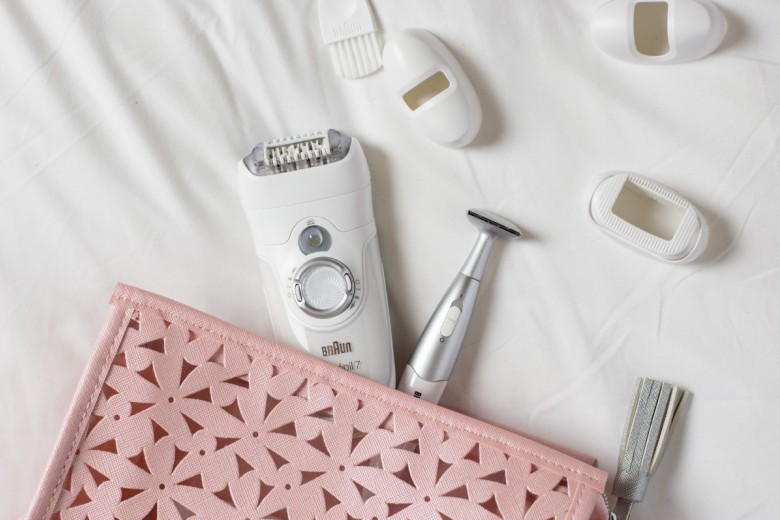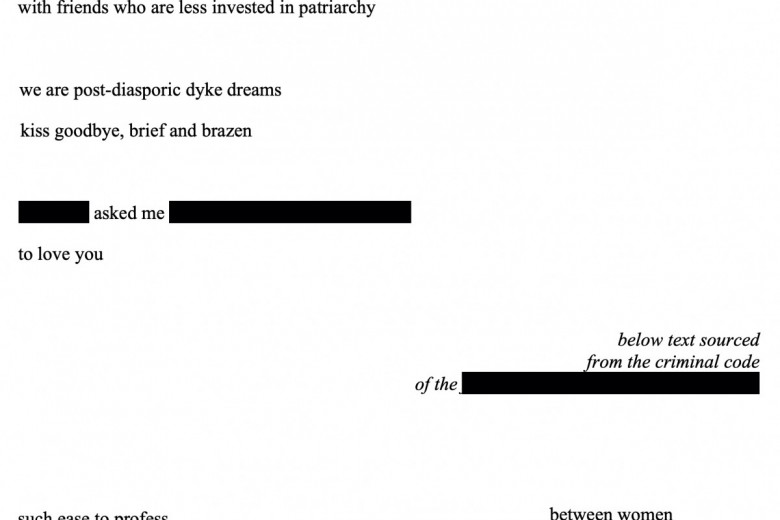I hold memories as colours, and sometimes positive and negative memories have the same colour; I can’t explain it. My childhood has an orange glow to it, which means Very Good, and I can’t explain that either. When I was five my dad died (cancer) and the next month my mom got sick (cancer). But what I remember most from that time are the hospital ice cream cups and my grandmother’s laughter, both of which are pink (Very Very Good). I also remember my mom getting better and reading Harry Potter to me while I was in the bath, which bobs both pink and red (Less Good) in memory but only because JKR fucked it up in retrospect.
I passed this arbitrary age threshold a little while ago when people stopped being surprised that I have a dead parent. In my mid-twenties, maybe even in grad school, whenever I mentioned going home to visit my mom, people would ask how old I was when my parents got divorced. They never considered the possibility that he died before I was forced to say it. The assumed tragedy of it all – it’s the same look they smother when I tell them I’m not out as trans to my mom.
People are sometimes colours, too, outlined in a highlighter sheen. The girl who called my home phone in grade five to ask for help with our math homework is a sparkly navy, and the pretty camp counsellor I had a crush on when I was 12 is golden yellow.
I think about my podcast idea, something about trans utopias, though the idea isn’t fully formed yet. I wonder what it would be like to interview my friends and colleagues about what they imagine as a best-case-scenario world. I know I’d ask each of them something bold, like how they’d make sure their utopia isn’t somebody else’s dystopia. I run my hands along the spine of The Care We Dream Of, a book of essays edited by Zena Sharman, about the healthcare queer and trans folks imagine possible. I’m afraid to reread it because its spine is too precious to crack.
My mom is twenty-two years cancer-free. Full-body chills.
When I was in grad school, trans people were the clients. I was taught to value difference and I got letter grades for proving how inclusive I was. They never imagined that we were in the room, tricking academia into letting us be licensed carers. I became a professional queer trans too young, unsure how else to use my distinguished degree for good. My therapy office is now in my home, over Zoom, an island of two. It is a global crisis and I know that I am not the solution for isolation, for how choked we all feel without community. We spend 50 minutes at a time stranded together because it is the only way we know how to breathe. I end every day with a headache.
When I first started my career as a psychotherapist, I was astonished at the dearth of resources relevant to gender diverse folks. All of my trans clients, with their beautiful intersectional lives, deserved representation and I felt an ethical obligation to provide it. I was energized, in that way only anger at systems allows. I scheduled meetings with researchers at fancy institutions and asked if they were seeing the same gaps in services that glared at me from all angles. I thought that surely if they knew about them, they would fund research which would in turn fund resources – sure, not immediately, but lasting change. (I was twenty-six). Three of them said the same thing to me: “If there were more trans people, there would be more research.” How could I fault them, really, when for so long I too felt like the only person like me.
To pass, a term appropriated from Black culture, is to be mistaken for something we are not. What does it mean to pass or not to pass as a trans person? I am, I am, I am.
Once a client and I spent a whole session talking about our Arab body hair in relation to femininity and transness and ancestry. Once I told a client the exact words I said to my cis doctor that allowed me access to gender-affirming care, but I added the caveat that the letters behind my name probably helped. Once a client and I cried together about being disabled and trans at the dentist, already feeling like we’re too much trouble to accommodate so swallowing the sirs or ma’ams thrown our way and watching the time tick by via CP24 on loop. Pink!
In grad school I had a mentor who told me it was inappropriate to come out to clients. On her desk she had a photo of her and her husband holding hands.
When I was fifteen, a friend tried to throw me into a pool, missed; my head hit concrete, it hasn’t been the same since. I don’t want it to be the same. I know that I believe myself because that metamorphic day is hued light green, which means At Peace. Disability is sacred. But my head hurts.
The pandemic has made me softer. I no longer want to write about pain; I read some of the brief bursts I wrote in my twentyteens and I can’t imagine feeling that angst again. In grade eleven, we read Death of a Salesman out loud in my English class. I remember getting to Linda’s monologue at the end, after Willy’s death, where she says something about not being able to cry. For a decade it was the piece of high school literature I related to the most. Then COVID started and something changed. I am tender now, more emotional and less breakable. I’m so afraid of losing my mom.
People talk endlessly about coming out, like it’s a thing we owe the world, like there’s not a single reason on earth I would keep my breasts attached to my body when my mom had to give hers up so forcefully. My mom is fuchsia.
In my musings about the podcast idea, I think about my own definition of utopia, which I have never spent much time imagining before, and I know right away it’s made of big soft gentle dogs, doctors who name body parts instead of genders, enough time to read all the books on my bedside table, talking through conflict in a way that centres care, playing ping pong in the park. A partner tugging my armpit hair and Leonard Cohen’s “Suzanne” playing quietly in the morning. It’s being held in community and laughing together even after really bad things happen, like another shooting in another queer nightclub, and I remember that I’m allowed to imagine a utopia without shootings in queer nightclubs. And then I realize that my first instinct when thinking about a trans utopia isn’t so far off from my life now, and I realize how remarkable that is, how incredibly beautiful in its mundanity, and how tragic that I’ve lost the instinct to dream. How I’ve created this world that I love so dearly and how I still deserve even more.
This story was the runner-up of the creative non-fiction category of our 12th annual Writing in the Margins contest, judged by Jessica Johns. We gratefully acknowledge the financial support of the Regina Public Interest Research Group (RPIRG) for this year’s contest.







